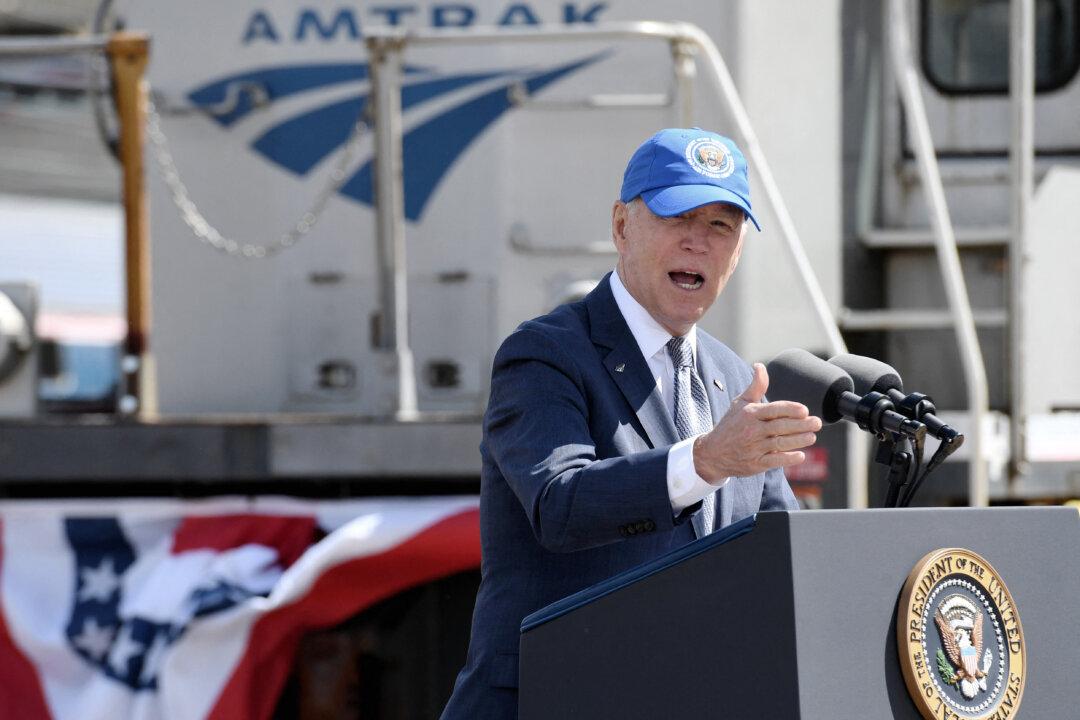Amtrak may be a money-loser, but as House Republicans are learning, it has millions of defenders who are being directed by unions and rail-rider commuter groups to pound lawmakers’ offices in an effort to derail the chamber’s proposed 64 percent slash in the quasi-public, federally subsidized train operation’s budget.
They’re calling Congressional reps’ offices right this instant as the House spends a second day deliberating its proposed $93 billion Fiscal Year 2024 (FY24) Transportation, Housing, and Urban Development (THUD) budget with the sun setting Nov. 7 and many more amendments to go.





